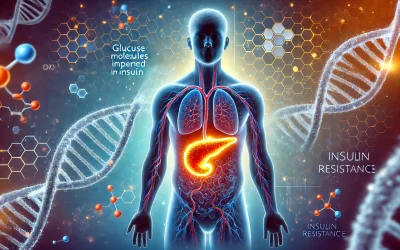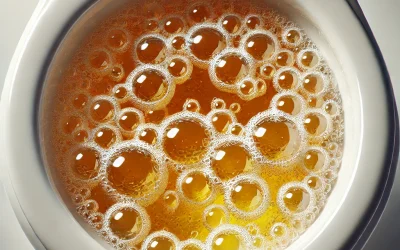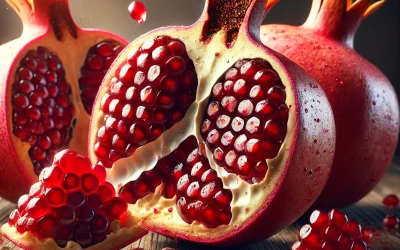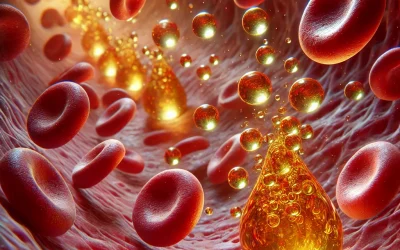Milkshakes are a popular indulgence worldwide, but for individuals managing diabetes, they can pose significant challenges. With their combination of dairy, sugar, and sometimes high-fat ingredients, milkshakes can cause rapid spikes in blood sugar and insulin levels. Understanding their impact is crucial for those aiming to maintain glycemic control.
How Milkshakes Affect Insulin and Blood Sugar
Milkshakes typically contain a mix of carbohydrates, fats, and proteins, which influence insulin response in different ways:
- Carbohydrates – The main ingredient in most milkshakes is milk, which contains lactose (a natural sugar). Additionally, added sugars, syrups, and ice cream increase the carbohydrate content, leading to rapid glucose absorption and an insulin spike.
- Fats – Some milkshakes, especially those with heavy cream, ice cream, or added fats, can slow down glucose absorption, leading to a delayed but prolonged insulin response.
- Proteins – Dairy proteins, particularly casein and whey, have been shown to stimulate insulin release, sometimes independently of carbohydrate intake.
- Glycemic Load – The combination of sugar and fat creates a high glycemic load, which can stress insulin regulation in people with diabetes.

Types of Milkshakes and Their Insulin Impact
Different types of milkshakes vary in their effect on blood sugar and insulin levels. Below is a comparison:
| Milkshake Type | Main Ingredients | Carbohydrate Content (per 12 oz) | Glycemic Index (GI) | Insulin Response |
|---|---|---|---|---|
| Classic Vanilla | Milk, vanilla ice cream, sugar | ~60g | 60-70 | High |
| Chocolate | Milk, chocolate syrup, ice cream | ~65g | 70-80 | Very High |
| Strawberry | Milk, strawberries, sugar, ice cream | ~58g | 55-65 | High |
| Banana | Milk, banana, yogurt, honey | ~50g | 50-60 | Moderate |
| Protein Shake | Milk, whey protein, no added sugar | ~20g | 30-40 | Moderate |
| Low-Carb Keto Shake | Almond milk, heavy cream, stevia | ~10g | 20-30 | Low |
Research on Dairy and Insulin Response
Several studies have investigated the impact of milkshakes and dairy-based drinks on insulin:
| Study | Findings |
|---|---|
| Östman et al. (2001) | Dairy proteins (whey and casein) significantly increase insulin secretion, even more than white bread. |
| Nilsson et al. (2004) | Milk-based products cause a higher insulin response than expected from their glycemic index. |
| Gannon et al. (2002) | High-protein dairy intake can lead to excessive insulin release, which may contribute to insulin resistance over time. |
Can Diabetics Consume Milkshakes?
While traditional milkshakes can cause blood sugar spikes, diabetics can still enjoy alternatives:
- Use low-carb milk alternatives like almond milk or coconut milk.
- Replace sugar with natural sweeteners like stevia or monk fruit.
- Choose protein-based shakes with minimal added sugars.
- Add fiber (e.g., chia seeds, flaxseeds) to slow glucose absorption.
Conclusion
Milkshakes can cause significant insulin and blood sugar fluctuations due to their high carbohydrate and dairy protein content. For diabetics, modifying ingredients or opting for lower-carb alternatives can help minimize the impact on insulin levels while still allowing for occasional indulgence.
Sources and References
Firth, R. G., Bell, P. M., Marsh, H. M., Hansen, I., & Rizza, R. A. (1986). “Postprandial hyperinsulinemia in noninsulin-dependent diabetes mellitus: The role of insulin resistance and β-cell dysfunction.” Journal of Clinical Endocrinology & Metabolism, 62(4), 855-863. DOI: 10.1210/jcem-62-4-855
Östman, E. M., Liljeberg Elmståhl, H. G. M., & Björck, I. M. (2001). “Inconsistency between glycemic and insulinemic responses to regular and fermented milk products.” American Journal of Clinical Nutrition, 74(1), 96-100. DOI: 10.1093/ajcn/74.1.96
Nilsson, M., Stenberg, M., Frid, A. H., Holst, J. J., & Björck, I. M. (2004). “Glycemia and insulinemia in healthy subjects after lactose-equivalent meals of milk and other food proteins: The role of plasma amino acids and incretins.” American Journal of Clinical Nutrition, 80(5), 1246-1253. DOI: 10.1093/ajcn/80.5.1246
Gannon, M. C., Nuttall, J. A., & Nuttall, F. Q. (2002). “The metabolic response to ingested casein in persons with type 2 diabetes.” Diabetes Care, 25(8), 1709-1713. DOI: 10.2337/diacare.25.8.1709
Bell, K. J., Smart, C. E., Steil, G. M., Brand-Miller, J. C., King, B. R., & Wolpert, H. A. (2015). “Impact of fat, protein, and glycemic index on postprandial glucose control in type 1 diabetes: Implications for intensive diabetes management.” Diabetes Care, 38(6), 1008-1015. DOI: 10.2337/dc15-0103




































